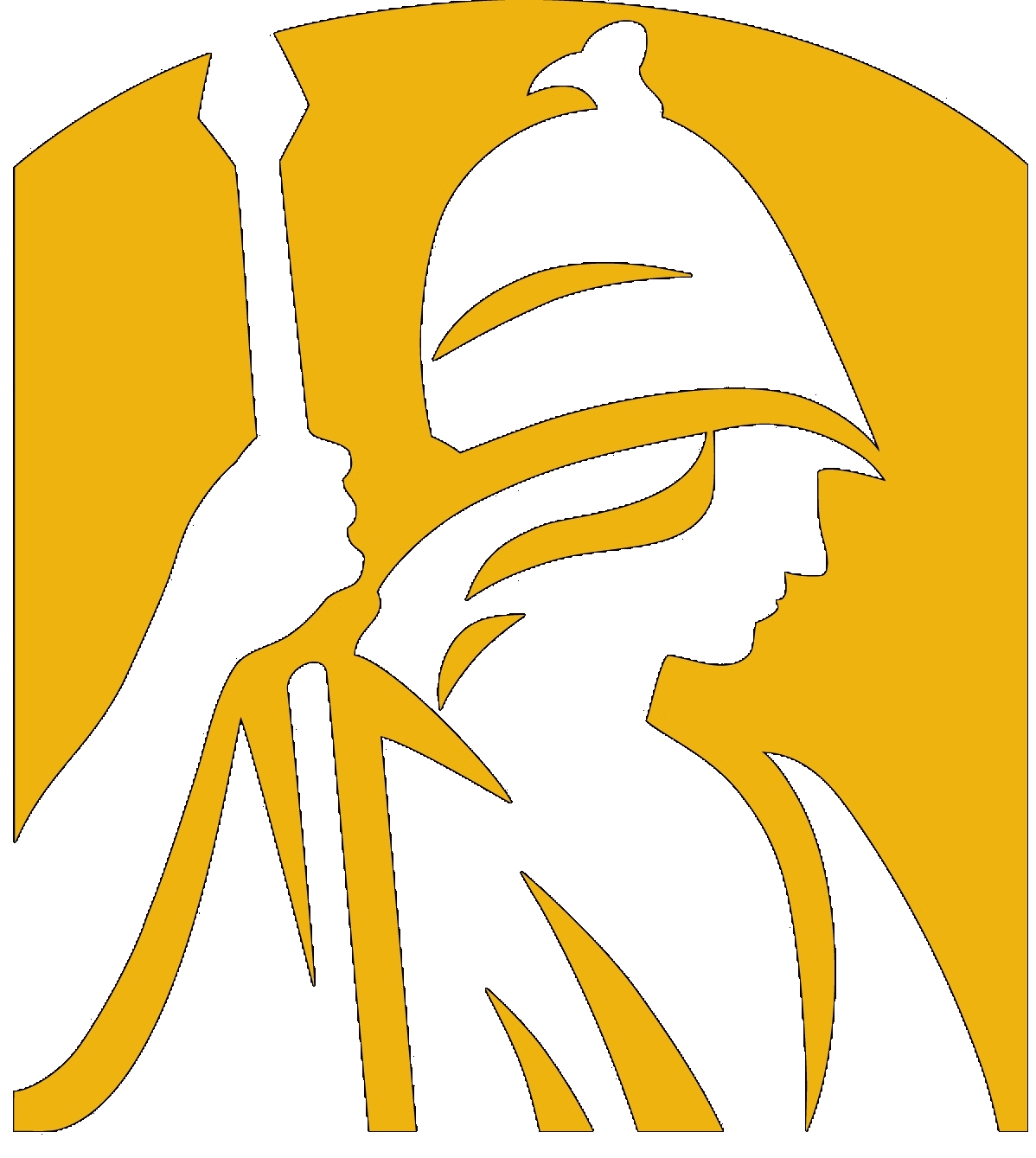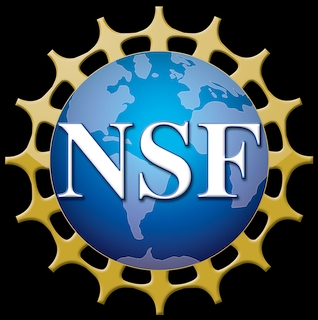MOCA Workshop | M | ountain | |
O | bservatories for | ||
C | omposition of the | ||
A | tmosphere |
Overview
The NSF Atmospheric Chemistry Program provided support (Grant # AGS-2025215) for a science workshop dedicated to developing the research objectives and measurement/ management strategy for a network of high-elevation observatories across the continental U.S., which we have named Mountain Observatories for Composition of the Atmosphere (MOCA).
The objective of the MOCA workshop is to bring together researchers to develop a long-term plan for coordinating research effort at multiple high-elevation sites within the continental U.S., with the ultimate goal of assessing changes in atmospheric composition and developing better fundamental understanding of atmospheric processes. Combining measurements with different atmospheric chemistry foci (including the gas, aerosol, and aqueous phases) at high elevation sites across the U.S., along with measurements of the relevant photochemical and meteorological influences, will be key to developing better understanding of the sources, transformation and fate of atmospheric pollutants, so as to better understand and predict changes in atmospheric composition. Obtaining input and encouraging collaboration from the broader atmospheric sciences community will allow us to tackle complex emerging issues with greater competence.
Long-term high-elevation atmospheric measurements over the past several decades have been used to document and understand chemical changes to atmospheric composition as a result of human activities (e.g. greenhouse gases, ozone and particulate pollution, acid rain, and ozone depleting substances). These examples demonstrate the power of continuous measurements spanning a decade or more at one location. However, our understanding of multiphase chemical processes remains incomplete. Human emissions also continue to evolve, even as ecosystems continue to respond to previously emitted pollutants. Thus, even while some crises appear to have been averted due to better understanding and interventions to reduce emissions of specific pollutants, we must remain vigilant to emerging threats to human and ecosystem health.
Intellectual Merit: Workshop participants will help to identify and prioritize the most pressing research objectives and help develop a plan of action for the proposed high-elevation measurement network.
Initial questions to spark this discussion:
The objective of the MOCA workshop is to bring together researchers to develop a long-term plan for coordinating research effort at multiple high-elevation sites within the continental U.S., with the ultimate goal of assessing changes in atmospheric composition and developing better fundamental understanding of atmospheric processes. Combining measurements with different atmospheric chemistry foci (including the gas, aerosol, and aqueous phases) at high elevation sites across the U.S., along with measurements of the relevant photochemical and meteorological influences, will be key to developing better understanding of the sources, transformation and fate of atmospheric pollutants, so as to better understand and predict changes in atmospheric composition. Obtaining input and encouraging collaboration from the broader atmospheric sciences community will allow us to tackle complex emerging issues with greater competence.
Long-term high-elevation atmospheric measurements over the past several decades have been used to document and understand chemical changes to atmospheric composition as a result of human activities (e.g. greenhouse gases, ozone and particulate pollution, acid rain, and ozone depleting substances). These examples demonstrate the power of continuous measurements spanning a decade or more at one location. However, our understanding of multiphase chemical processes remains incomplete. Human emissions also continue to evolve, even as ecosystems continue to respond to previously emitted pollutants. Thus, even while some crises appear to have been averted due to better understanding and interventions to reduce emissions of specific pollutants, we must remain vigilant to emerging threats to human and ecosystem health.
Intellectual Merit: Workshop participants will help to identify and prioritize the most pressing research objectives and help develop a plan of action for the proposed high-elevation measurement network.
Initial questions to spark this discussion:
- What are the domestic and international sources of key global pollutants such as ozone, mercury, and aerosols; and what are the impacts of these pollutants?
- What are the regional sources and sinks of aerosols and greenhouse gases in the U.S.?
- What determines the cloud-nucleating properties and radiative effects of aerosols?
- What is the current state of biosphere-atmosphere exchange processes, and how will these change in the future?
- What is the role of snow and ice in the climate system? How will mountain snowfall, along with aerosol deposition on snow and ice, change in the future?
- What are the sources, sinks, and trends of reactive gases, and what drives atmospheric oxidation chemistry and cycles?

Agenda
The MOCA workshop was initially planned as a 2-day workshop in September at SUNY Albany in New York. Due to COVID-19 concerns, we decided to switch the workshop to an online format, which will be conducted during four 2-hour webinars over the months of July and August.
The first webinar will be on July 10 at 0700-0900 PDT (1000-1200 EDT) and will include the entire team. The following two webinars (date TBD) will be conducted in smaller groups, coordinated by the leader of each science team (See the list of invited attendees in the Table below). Information from each of the teams will be compiled and discussed at the final webinar with all team members, which will conclude the workshop. We will record all webinars and solicit feedback from those who cannot attend a given webinar at the scheduled time.
Agenda for the first webinar:
Presentation slides from the first Webinar are available to download here.
The next step will be to come together in separate science teams. We have set aside the following weeks to cover 90-minute webinars for each focus group:
Overall workshop objectives:
The first webinar will be on July 10 at 0700-0900 PDT (1000-1200 EDT) and will include the entire team. The following two webinars (date TBD) will be conducted in smaller groups, coordinated by the leader of each science team (See the list of invited attendees in the Table below). Information from each of the teams will be compiled and discussed at the final webinar with all team members, which will conclude the workshop. We will record all webinars and solicit feedback from those who cannot attend a given webinar at the scheduled time.
Agenda for the first webinar:
- 15 min: MOCA overview (Gannet Hallar)
- 15 min: GAW overview (Oksana Tarasova, introduction by Dan Jaffe)
- 10 min: Trace gas (Dan Jaffe, Julie Fry)
- 10 min: Trace gas discussion
- 10 min: Greenhouse gas (John Lin)
- 10 min: Greenhouse gas discussion
- 10 min: Aerosols & Radiation (Gannet Hallar)
- 10 min: Aerosols & Radiation discussion
- 10 min: Clouds & Precip (Sara Lance)
- 10 min: Clouds & Precip discussion
Presentation slides from the first Webinar are available to download here.
The next step will be to come together in separate science teams. We have set aside the following weeks to cover 90-minute webinars for each focus group:
- July 27-31: Aerosols
- Aug 3-7: Greenhouse Gases
- Aug 10-14: Reactive Trace Gases
- Aug 17-21: Clouds & Precip
Overall workshop objectives:
- Further develop and refine the scientific objectives within each of the project themes:
- Reactive trace gases
- Greenhouse gases
- Aerosols and Radiation
- Clouds and Precipitation
- Identify and prioritize the most critical measurements and calibration systems needed to meet these objectives
- Identify an organizational structure that would provide the best approach for meeting these science objectives and sustaining long-term, high quality observations.
- Identify a data management plan that would optimize use of the data and facilitate long-term archiving.
- Identify strategies to facilitate guest instruments and experiments at each site.
- Identify opportunities for meaningful collaboration with other agencies and local/regional stakeholders.
- Identify a strategy to manage project risks, by prioritizing the most important project elements.

Invitees
Global Atmospheric Watch (GAW): | Oksana Tarasova, Joerg Klausen |
Aerosol Science Team: | Gannet Hallar (Team Leader), Elizabeth Andrews, Sarah Brooks, McKenzie Skiles, Qi Zhang, Karl Froyd, Fangqun Yu |
Reactive Trace Gas Science Team: | Dan Jaffe (Team Leader), Julie Fry, Emily Fischer, Irina Petropavolvshikh, Staci Simonich, Sally Pusede, Mae Gustin, Jim Schwab, Dylan Millet |
Greenhouse Gas Science Team: | John Lin (Team Leader), Arlyn Andrews, David Bowling, Ankur Desai, Stephan De Wekker, Britt Stephens |
Clouds & Precipitation Science Team: | Sara Lance (Team Leader), Dan Cziczo, Greg McFarquhar, Jay Mace, Lynn Mazzoleni, Jeff Collett, Paul Zieger, Justin Minder |
Science Advisory Board: | Urs Baltensperger, Daniel Jacob, David Schimel, Neng-Huei (George) Lin |
Management: | Ian McCubbin, John Horel |

MOCA Workshop Code of Conduct
Expected Behavior
- All participants are treated with respect and consideration, valuing a diversity of views and opinions.
- Be considerate, respectful, and collaborative.
- Communicate openly with respect for others, critiquing ideas rather than individuals.
- Avoid personal attacks directed toward other participants.
- Be mindful of your surroundings and of your fellow participants. Alert MOCA workshop organizers if you notice a dangerous situation or someone in distress.
Unacceptable Behavior
- Harassment, intimidation, or discrimination in any form will not be tolerated.
- Physical or verbal abuse of any attendee, speaker, volunteer, service provider, or other meeting guest.
- Examples of unacceptable behavior include, but are not limited to, verbal comments related to gender, sexual orientation, disability, physical appearance, body size, race, religion, national origin, inappropriate use of nudity and/or sexual images in public spaces or in presentations, or threatening or stalking any attendee, speaker, volunteer, service provider, or other meeting guest.
Consequences
- Anyone requested to stop unacceptable behavior is expected to comply immediately.
- MOCA workshop organizers may take any action deemed necessary and appropriate, including immediate removal from the meeting without warning.
- Other consequences as set forth by professional societies such as the AGU Scientific Integrity and Professional Ethics Policy, as applicable.
Reporting Unacceptable Behavior
- If you are the subject of unacceptable behavior or have witnessed any such behavior, please immediately notify a MOCA Workshop organizer.
- Notification should be done by contacting a MOCA Workshop organizer on site or by emailing your concern to smlance@albany.edu.
- Anyone experiencing or witnessing behavior that constitutes an immediate or serious threat to public safety is advised to call 911.


